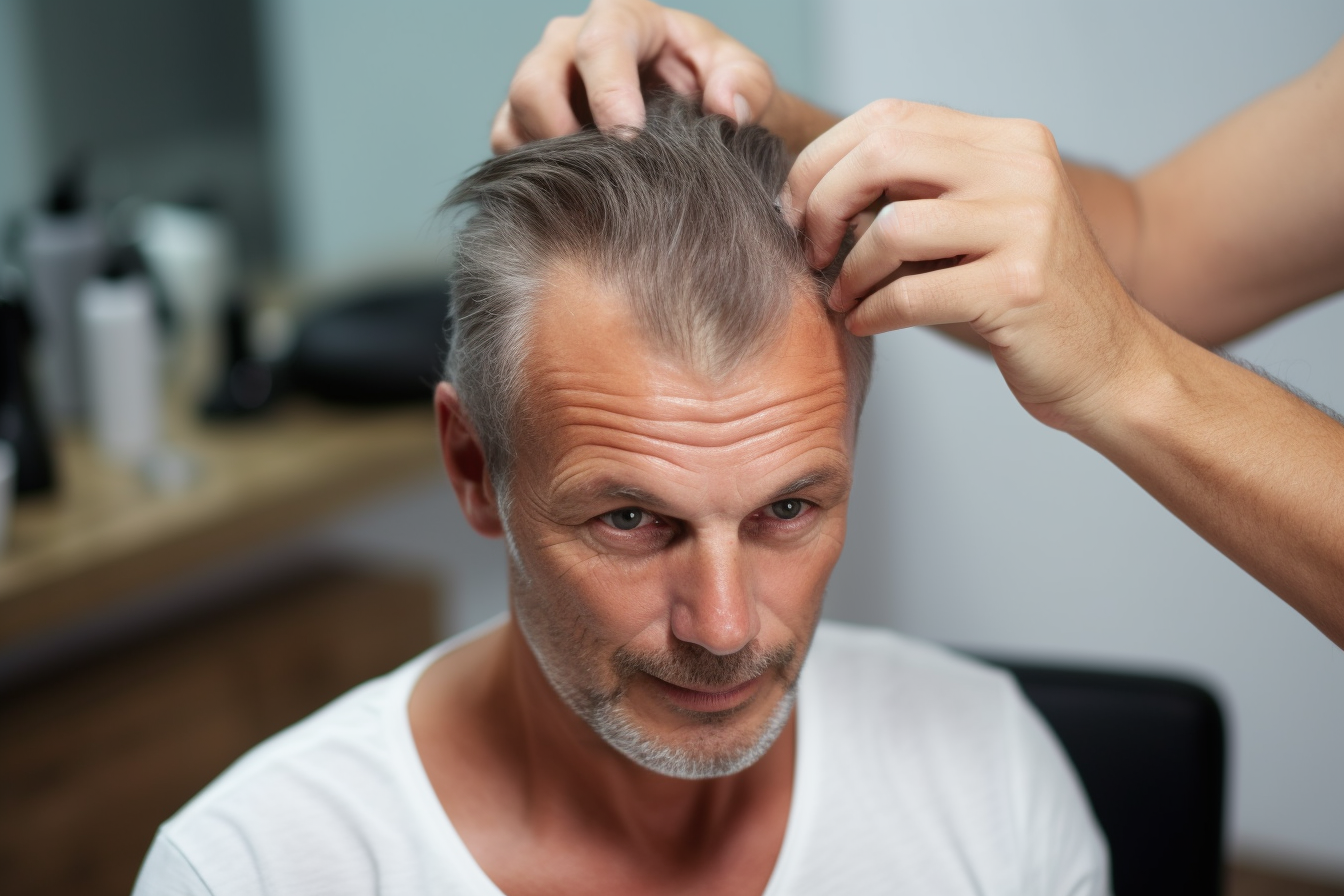Hairdresser Services for Seniors: Salon Hair Care Options
Older adults and caregivers often look for salon services that respect mobility, sensitivity, and personal style. Hairdresser services for seniors can range from routine trims to gentle scalp care and mobile appointments. Clear communication, accessibility, and staff experience with older clients help make visits safer and more comfortable, while maintaining dignity and personal grooming standards.

This article is for informational purposes only and should not be considered medical advice. Please consult a qualified healthcare professional for personalized guidance and treatment.
What services does a hairdresser provide?
A trained hairdresser offers more than cuts and styling. Typical salon services include haircuts, blow-drying, gentle coloring or grey blending, perms or straightening where appropriate, and basic scalp treatments. Many salons also provide shampoo and conditioning, detangling, and advice on at-home maintenance. For seniors, additional services may include gentle scalp massage, styling that accommodates thinning hair, and recommendations for low-maintenance looks. Some hairdressers are trained to work with clients who have mobility or cognitive challenges, adapting timing and technique to minimize discomfort.
How can salons meet senior needs?
Salons that serve older clients often make small but important adjustments. These include step-free access, adjustable chairs with good back support, non-slip flooring, and easy-to-read pricing or service menus. Appointment lengths may be extended to allow for slow transfers or breaks. Staff training in communication — for example, speaking clearly or confirming consent — improves the experience for clients with hearing loss or dementia. Product choices also matter: lower-alcohol styling products, fragrance-free options, and milder dyes can reduce irritation. A salon’s layout and policies should prioritize safety, privacy, and respectful interaction.
Special considerations for elderly clients
Aging brings changes in hair texture, scalp sensitivity, and skin fragility that affect service choices. Hair often becomes finer or drier, and the scalp may be more prone to tears or irritation, so rough handling should be avoided. Some medications affect hair growth or scalp condition; stylists should be informed of relevant issues without requiring medical details. For clients with balance or mobility limitations, allow time for careful transfers and consider offering cape clips that won’t tug. For clients with dementia, predictable routines and a calm approach can reduce anxiety. If a stylist notices suspicious scalp lesions or signs of infection, they should suggest medical evaluation rather than attempting to diagnose.
Practical hair care tips for seniors
At-home hair care can complement salon visits. Recommend gentle, pH-balanced shampoos and conditioners suited to fine or dry hair, and advise limiting hot tools to reduce breakage. Brushing with a wide-tooth comb or soft-bristle brush helps prevent pulling. Regular trims every 6–12 weeks keep styles tidy and reduce tangles. For seniors with limited hand strength, suggest pump bottles or easy-dispense products and simple styles that require minimal daily effort. Hydration, a balanced diet, and protection from sun exposure on the scalp are general wellness measures; for any persistent scalp problems, refer to a healthcare professional.
Choosing a salon or local services for seniors
When looking for a salon or local services, prioritize accessibility, staff experience, and flexibility. Ask whether stylists have experience with seniors, whether mobile home visits are offered, and how they handle extra time needs or mobility assistance. Community centers and assisted-living facilities sometimes partner with licensed hairdressers who make regular visits. Look for clear hygiene practices and transparent pricing policies. Reading reviews from other older clients or speaking with caregivers can provide practical insight into reliability and comfort. If transportation is a barrier, inquire about mobile hairdresser options or community transport services.
Conclusion
Hairdresser services for seniors focus on safety, comfort, and preserving personal style while adapting to age-related changes. Whether choosing a local salon or a mobile hairdresser, clear communication about health, mobility, and styling preferences helps ensure a positive outcome. Regular, gentle care at home combined with professional services can support scalp health and personal well-being as grooming needs evolve.






